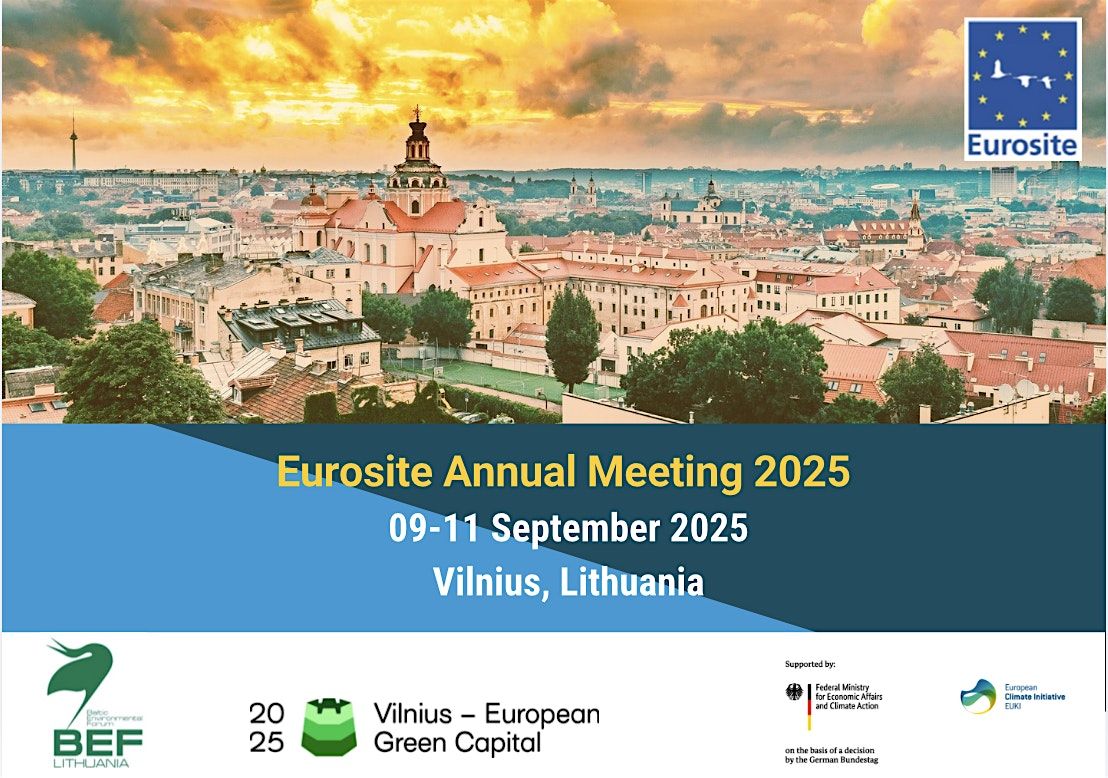Theatre and Natural Intelligence. Call for Papers
Schedule
Thu, 25 Sep, 2025 at 09:00 am to Sat, 27 Sep, 2025 at 05:00 pm
UTC+03:00Location
Saltoniškių gatvė 58, LT-08105 Vilnius, Lietuva | Vilnius, VL

ANTS Annual Conference 2025
Lithuanian Culture Research Institute, Vilnius
25–27 September 2025
Theatre and Natural Intelligence
Deadline for submissions: 1 April 2025
We invite researchers, practitioners, and interdisciplinary scholars to submit papers for the conference “Theatre and Natural Intelligence”, which aims to explore the dynamic intersections of human cognition, creativity, and natural intelligence in theatrical practices, theories, and performances. The conference is organized by the Lithuanian Culture Research Institute in collaboration with the Association of Nordic Theatre Scholars and the Association of Performing Arts Critics (Lithuania).
Contemporary theatre has become a space where natural intelligence—human cognition, creativity, and emotional engagement—intersects with the emergent capabilities of artificial intelligence. This dual focus offers exciting opportunities to reimagine the relationships between performers, audiences, and technologies.
Theatre has always been a medium where natural intelligence—manifested through creativity, emotional resonance, and social engagement—is expressed and explored. Contemporary works continue this tradition by examining human cognition and empathy through innovative storytelling and performance techniques. Live performance remains a unique space for studying natural intelligence in its immediacy, adaptability, and collective experience.
AI systems are increasingly integrated into theatrical creation, from generative scripts (e.g., GPT-based playwrights) to robotic performers and interactive scenography. Theorists like Dixon (2007) argue that technologies expand the definition of creativity, challenging traditional notions of authorship and performance. However, AI's role in theatre raises critical questions about the boundaries of intelligence and the ethics of machine agency in art.
AI technologies can both analyze and evoke emotional responses, reshaping the dynamics of audience engagement. Contemporary works such as Rimini Protokoll's AI-enhanced productions exemplify how AI systems influence narrative structures and audience interaction, creating new layers of meaning (Bay-Cheng et al., 2010).
The concept of hybrid intelligence—where natural and artificial intelligences collaborate (Akata et al., 2020)—has profound implications for contemporary theatre. Hybrid performances challenge distinctions between human and machine creativity, fostering new forms of collaboration that redefine the creative process (Rouse, 2018).
Many contemporary productions engage critically with AI’s societal implications, from surveillance to automation. Theatre artists like Annie Dorsen have created algorithmic works that question AI's political and philosophical consequences, demonstrating how theatre serves as a reflective medium for understanding technological transformation. AI-driven robotics and virtual avatars in performance highlight issues of embodiment and presence in contemporary theatre and provoke questions about how such physicality and materiality shape our spectatorship.
These frameworks position contemporary theatre as a critical space for investigating the intersections of natural and artificial intelligence, offering insights into the future of human creativity, technology, and cultural expression. The conference seeks to uncover how natural intelligence – encompassing human perception, decision-making, emotional response, and creativity – influences and shapes the art and science of theatre.
We welcome submissions from diverse disciplines, including but not limited to theatre and music studies, media studies, information science, anthropology, and philosophy. Ideas for thematic panels, round table discussions, performative lectures are encouraged.
Contributions by emerging scholars are especially welcomed.
References:
• Akata, Z. et al., (2020). A Research Agenda for Hybrid Intelligence: Augmenting Human Intellect With Collaborative, Adaptive, Responsible, and Explainable Artificial Intelligence. Computer, vol. 53, no. 8, pp. 18-28.
• Bay-Cheng, S., Kattenbelt, C., Lavender, A., & Nelson, R. (2010). Mapping Intermediality in Performance. Amsterdam University Press.
• Dixon, S. (2007). Digital performance: A history of new media in theatre, dance, performance art, and installation. MIT Press.
• Rouse, R. (2018). Partners: Human and Nonhuman Performers and Interactive Narrative in Postdigital Theater. Interactive Storytelling. Springer, Cham.
Themes and Topics of Interest
We encourage contributions addressing (but not limited to) the following themes:
• Cognition, Imagination and Creativity in Theatre
Investigating the role of human intelligence vs. AI in the creative processes of playwriting, acting, directing, and stage design.
• Audience Perception and Engagement
How do audiences process and respond to classical, intermedial and AI enhanced theatrical narratives?
• Storytelling and Memory
Examining the connections between narrative structure, memory, and audience impact.
• Emotional Intelligence in Performing Arts
Exploring how actors use emotional intelligence to create authentic and relatable characters.
• Theatre and Human Interaction
Investigating theatre as a space for understanding human social behavior, empathy, and communication.
• Cross-Cultural Perspectives
How does natural intelligence manifest differently in theatrical traditions around the world?
• Technology and Natural Intelligence
The interplay between human intelligence and technology in contemporary and experimental theatre, directing, acting, stage design.
• Special Focus: Music
Natural vs. artificial intelligence in composing, performing and listening.
Publishing Opportunities
Special post-conference issues of peer-reviewed journals Nordic Theatre Studies (ISSN 2002-3898) and Meno istorijos studijos (ISSN 1822-2285) are planned for 2026.
Submission Guidelines
• Abstract Submission Deadline: 1 April 2025
• Notification of Acceptance: 5 May 2025
Submissions should include:
• An abstract of up to 300 words summarizing the research or argument.
• A short bio (maximum 100 words) of the author(s).
Proposals are welcome for the following:
• Papers (20 min. maximum)
• Panels (60 min. maximum)
The conference fee will be announced later.
Submission Portal and Contact
To submit abstracts, please follow the link here
Conference website
For inquiries, contact us at [email protected]
Where is it happening?
Saltoniškių gatvė 58, LT-08105 Vilnius, Lietuva, Saltoniškių gatvė 58, LT-08105 Vilnius, Lietuva, Vilnius, LithuaniaEvent Location & Nearby Stays:



















